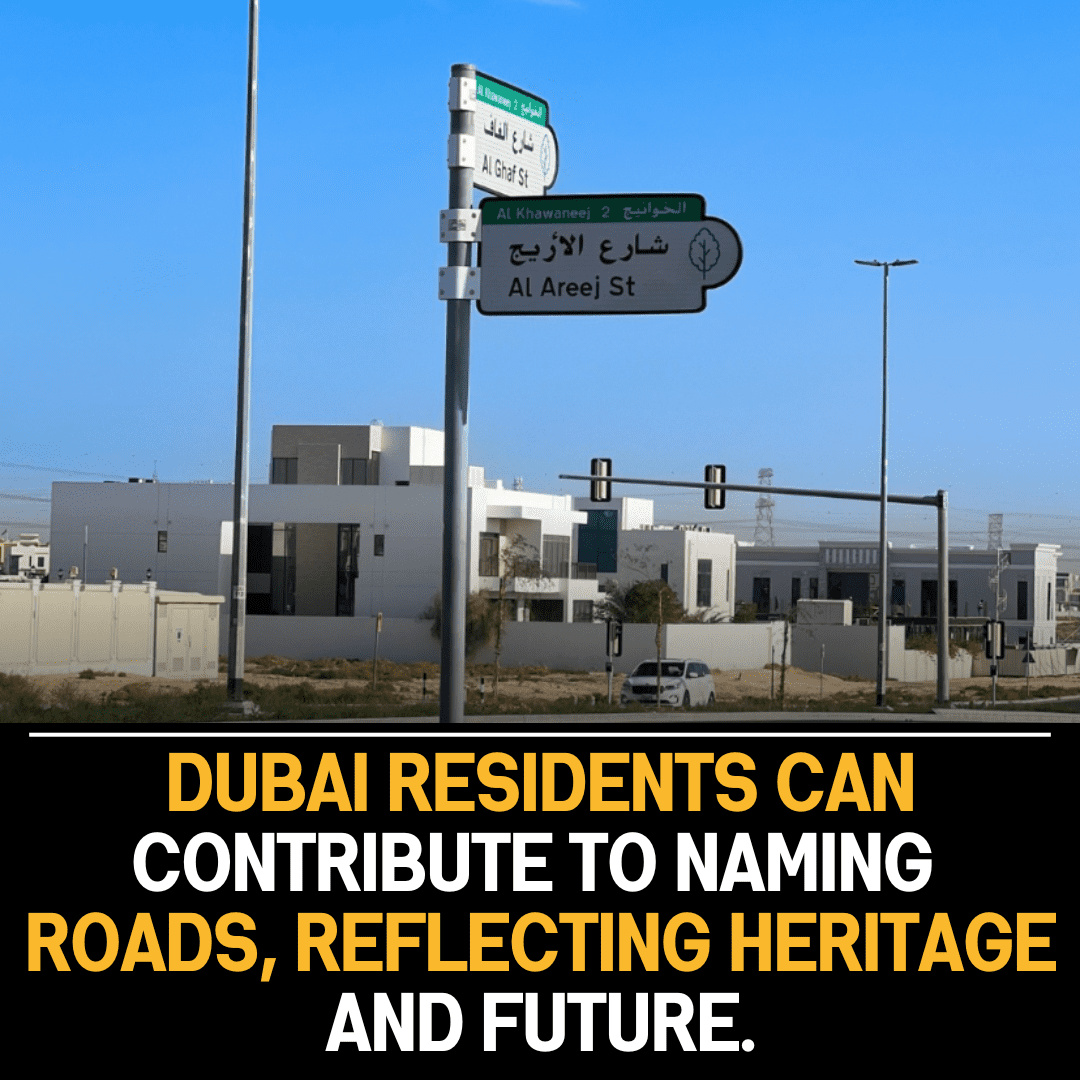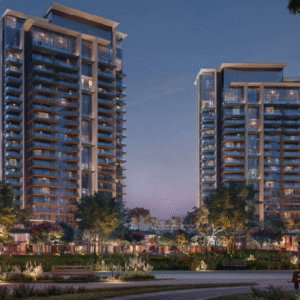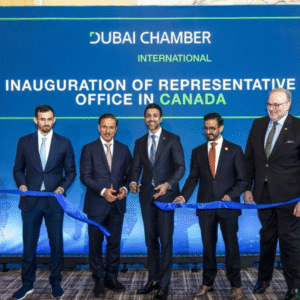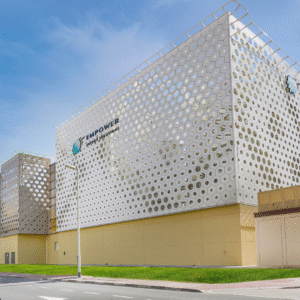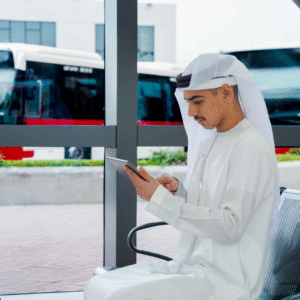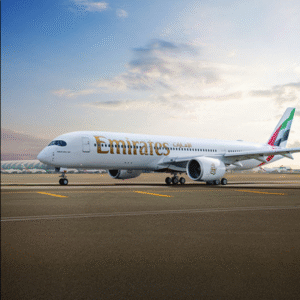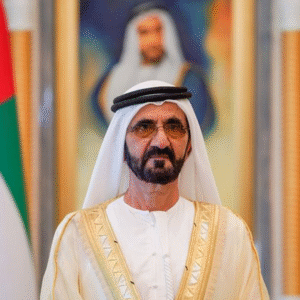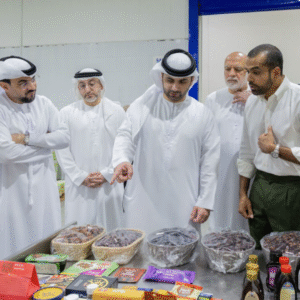Dubai Revolutionizes Road Naming Through Resident Engagement
In a pioneering move, Dubai is redefining the process of road naming by actively involving its residents in the decision-making process. This innovative approach aims to create a sense of community ownership and reflect the diverse cultural fabric of the city.
Traditionally, road naming has been a top-down process, with authorities selecting names based on historical significance, geography, or notable figures. However, Dubai’s forward-thinking initiative seeks to engage residents in the evolution of the city’s identity, allowing them to contribute to the nomenclature of their neighborhoods.
The concept of resident-driven road naming aligns with Dubai’s commitment to inclusivity and community participation. By inviting residents to propose names for roads, the city is fostering a sense of belonging and empowering individuals to play an active role in shaping the local landscape. This democratic approach is a testament to Dubai’s dedication to making urban planning a collaborative effort.
The engagement process involves reaching out to communities through various channels, including social media, community events, and dedicated platforms. Residents are encouraged to suggest names that hold personal or cultural significance, contributing to a rich tapestry of identities woven into the city’s infrastructure.
Dubai’s diverse population, comprising both locals and expatriates, ensures a multitude of perspectives and cultural influences. The road naming initiative recognizes and celebrates this diversity, transforming the city’s streets into reflections of the people who call Dubai home. It also presents an opportunity for cross-cultural understanding as residents share the stories and meanings behind their suggested names.
The impact of this resident-driven approach extends beyond the act of naming roads. It strengthens community bonds, encourages civic pride, and instills a collective sense of responsibility for the city’s development. As residents see their suggestions materialize on street signs, it creates a tangible connection between individuals and the urban environment they inhabit.
The initiative aligns with Dubai’s broader smart city goals, leveraging technology to facilitate resident participation. Dedicated online platforms enable seamless submission of suggestions and provide a transparent process for residents to track the progress of their proposals. This intersection of technology and civic engagement exemplifies Dubai’s commitment to staying at the forefront of urban innovation.
As the road naming initiative gains momentum, Dubai is poised to set a precedent for other cities worldwide. By recognizing the value of residents as active contributors to urban planning, Dubai is not only shaping its physical landscape but also nurturing a vibrant, inclusive, and engaged community.
In conclusion, Dubai’s groundbreaking road naming initiative, driven by resident engagement, reflects a paradigm shift in urban planning. The city’s commitment to inclusivity and community participation positions it as a global leader in innovative approaches to city development, setting a precedent for collaborative and people-centric urban landscapes.

